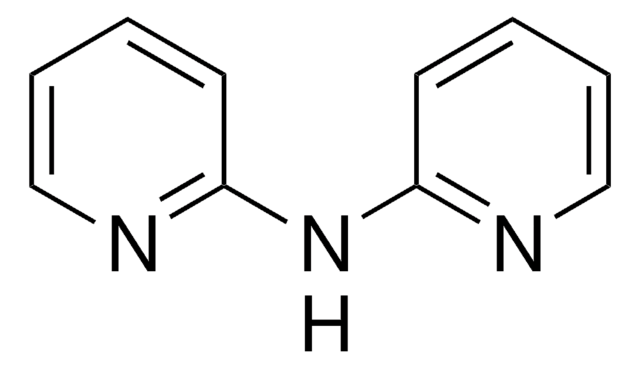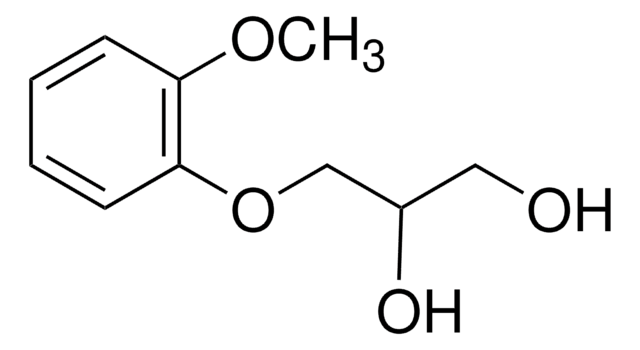1123000
USP
Chlorpheniramine maleate
United States Pharmacopeia (USP) Reference Standard
Synonym(s):
(±)-Chlorpheniramine maleate salt
About This Item
Recommended Products
grade
pharmaceutical primary standard
API family
chlorpheniramine
manufacturer/tradename
USP
mp
130-135 °C (lit.)
application(s)
pharmaceutical (small molecule)
format
neat
SMILES string
CN(C)CCC(C1=CC=C(Cl)C=C1)C2=NC=CC=C2.O=C(/C=C\C(O)=O)O
InChI
1S/C16H19ClN2.C4H4O4/c1-19(2)12-10-15(16-5-3-4-11-18-16)13-6-8-14(17)9-7-13;5-3(6)1-2-4(7)8/h3-9,11,15H,10,12H2,1-2H3;1-2H,(H,5,6)(H,7,8)/b;2-1-
InChI key
DBAKFASWICGISY-BTJKTKAUSA-N
Gene Information
human ... HRH1(3269)
Looking for similar products? Visit Product Comparison Guide
General description
Application
- Chlorpheniramine Maleate Tablets
- Chlorpheniramine Maleate Oral Solution
- Chlorpheniramine Maleate Extended-Release Capsules
- Chlorpheniramine Maleate and Pseudoephedrine Hydrochloride Oral Solution
- Acetaminophen, Chlorpheniramine Maleate, and Dextromethorphan Hydrobromide Tablets
- Chlorpheniramine Maleate and Pseudoephedrine Hydrochloride Extended-Release Capsules
- Penicillin G Procaine, Dihydrostreptomycin Sulfate, Chlorpheniramine Maleate, and Dexamethasone Injectable Suspension
Biochem/physiol Actions
Analysis Note
Other Notes
Signal Word
Warning
Hazard Statements
Precautionary Statements
Hazard Classifications
Acute Tox. 4 Oral
Storage Class Code
11 - Combustible Solids
WGK
WGK 3
Flash Point(F)
Not applicable
Flash Point(C)
Not applicable
Certificates of Analysis (COA)
Search for Certificates of Analysis (COA) by entering the products Lot/Batch Number. Lot and Batch Numbers can be found on a product’s label following the words ‘Lot’ or ‘Batch’.
Already Own This Product?
Find documentation for the products that you have recently purchased in the Document Library.
Customers Also Viewed
Our team of scientists has experience in all areas of research including Life Science, Material Science, Chemical Synthesis, Chromatography, Analytical and many others.
Contact Technical Service






